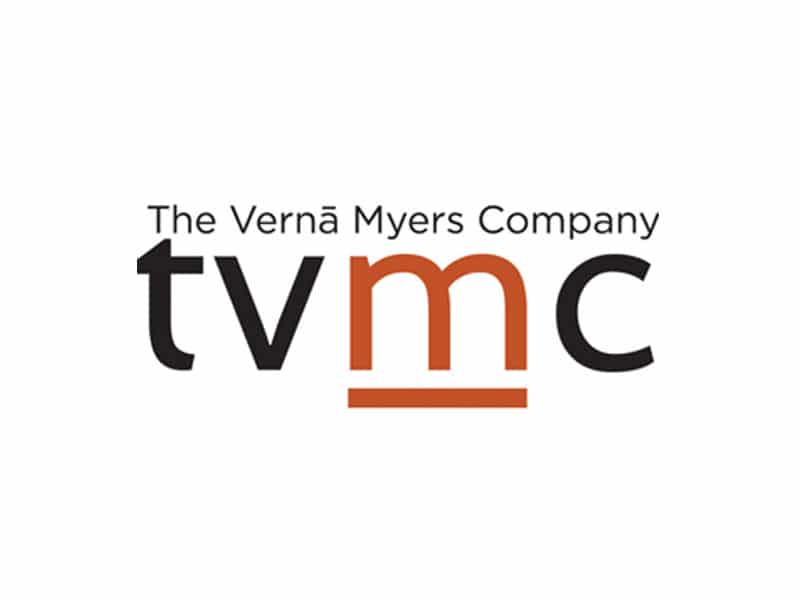We need to have more honest, open-ended conversations about race and bias — in our own lives and in the TV shows and movies we see, says diversity consultant Vernā Myers.
It’s not every day that the TED world collides with a reality TV show, but recently on The Bachelorette, one of the most compelling conversations about race was initiated by Vernā Myers (TED Talk: How to overcome our biases? Walk boldly toward them). Myers is a Baltimore-based diversity consultant whose life’s work is breaking down barriers — of race, gender, ethnicity and sexual orientation — in the workplace. She is also the aunt of Eric Bigger, one of the final four contestants.
This season, the show featured lawyer Rachel Lindsay as the Bachelorette, with 25 men vying for her attention. It’s important to note: in 13 seasons of the show, Rachel is the first black woman to be the Bachelorette. But this fact was rarely discussed until Eric brought Rachel home to meet his family, including Aunt Vernā. There, the plain-speaking Myers said to Rachel: “First black Bachelorette. So, how are you dealing with that, and were you prepared?” Their honest three-minute exchange resonated with people(and the hashtag #AuntVerna spread across the Internet). Here, Myers speaks to writer Julia Fawal about how we can start speaking openly about race and the role that the entertainment industry can play in reducing bias.
Acknowledge the difference that race makes. I hadn’t followed The Bachelorette at all, so my first response when I heard about Rachel was “What year are we in? There hasn’t been a black Bachelorette?!” It feels like that should’ve happened a long time ago. I was interested in how Rachel was navigating something that every other Bachelorette hadn’t had to go through, which is the recognition of her racial identity. It’s important for us to recognize that people can have very different experiences in the same space because of their racial identities. I know that anytime you’re the first, you’re in this weird dichotomy — even if you’re thrilled to be breaking the color barrier, you still want to be seen as an individual and not be treated differently because of your race.
Invite people to share without blame, shame or attack. I asked Rachel, “How are you dealing with this?” On the show, the race question hadn’t been addressed in an open-ended, non-judgmental way. That’s how I like to talk about difficult subjects. Many people believe that in order to deal with controversial issues you need to tiptoe around them or not acknowledge them, but I think you can be both real and compassionate at the same time. I didn’t have to say much to give Rachel a chance to share her unique perspective, and this obviously resonated with people.


